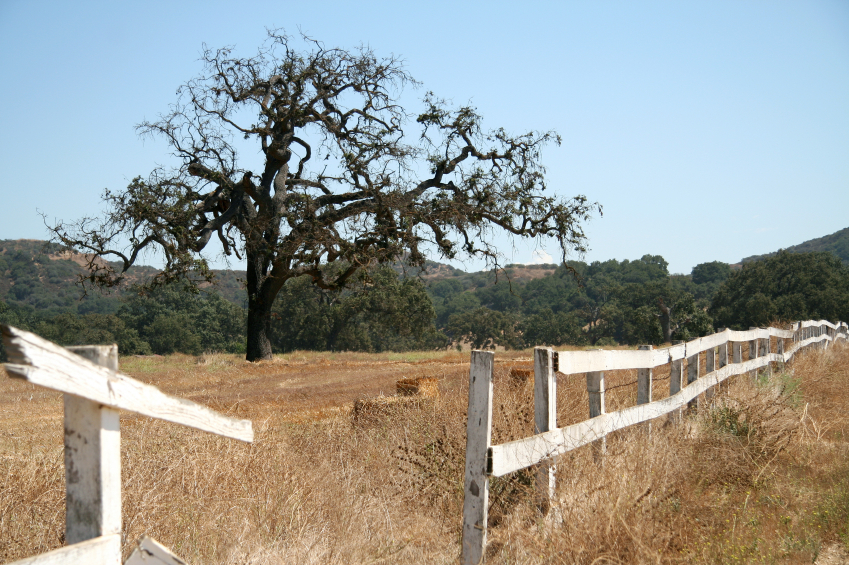My grandfather used the imagery of a broken fence when we had done something wrong. The lesson was simple and clear: you needed to fix it sooner or later, and you might as well mend it before your livestock gets out.
It’s hard to admit that we aren’t perfect. We have this idealized notion of ourselves that we never makes mistakes. We are well-spoken and objective at all times. We never act rashley, speak out of anger, or treat anyone unfairly.
There’s this ideal self that we’re trying to be, and then there’s who we actually manage to be, despite our best efforts. We get tired. We get hungry. We get frustrated (with ourselves and others). Sometimes it’s a simple lack of judgement. Sometimes it’s wilfull and malicious. Sometimes it’s just an honest mistake or misunderstanding.
The point is, we’re human. We make mistakes. We get things wrong. It’s part of how we learn. If you never make a mistake, you aren’t pushing yourself. You aren’t trying new things. You aren’t learning.
It’s not important that you made a mistake. That’s expected. What’s important is how you handle it.
Every situation is different, every lesson unique. But there are certain steps that we usually need to go through to repair the damage we’ve done, make things right with the other person, and grow from the experience.
Here’s how to wipe the slate clean and move on.
- Acknowledge what you did was wrong. Without this acknowledgement, your heart isn’t going to be in any other step. It will be hollow at best, and manipulative at worst.
- Accept responsibility for your actions. Recognize that you choose how you respond in any situation. You chose to make the mistake, either in a moment of weakness, premeditation, or by not preparing adequately. (Yes, it’s possible that it was something you didn’t even know you needed to prepare for.)
- Apologize to those affected. A simple, heartfelt “I’m sorry” can go a long way towards mending a broken fence. It’s usually viewed as something of a litmus test for contrition.
- Make amends. I remember being taught as a kid the example of stealing a candy bar—you return it (if you haven’t eaten it) or pay for it (if you have). Some things are easier to to restore than others. The more difficult it is to restore, the harder it will be to make amends, but the more rewarding it will be when you do.
- Ask forgiveness. This is the flipside of the apology coin. Asking forgiveness can help the relationship to heal. It’s also cathartic for the other person to let go of their bitterness and extend forgiveness.
- Adjust your approach. Now that you’ve made the mistake, what are you going to learn from it? How are you going to change because of what you went through? What will you do differently so that it doesn’t happen again? This is where significant personal growth can happen.
- Seek assistance. Sometimes, we need a little help to effect lasting change. This can be anything from an accountability partner or a coach to a therapist or checking yourself into rehab. Each situation will be different.
- Try again. So you made a mistake. Don’t shy away from getting out there and trying again. You now have experience. You know one more way to not do it. As the old adage goes, “if at first you don’t succeed, try, try again”.
- Absolve yourself of guilt. This is the tough one. Everyone else may have forgiven us and forgotten about it, but we’re still raking ourselves over the coals. Let go of the guilt and embarassment. Focus on what you’ve learned. Move on. The sooner you forgive yourself, the better you’ll feel.
Depending on what happened, you may not need all nine steps. Or you may spend a long time working through just one of them. Most of the time, if you don’t go through most of these steps, you’ll just be wiping smudges around the slate.
Don’t be afraid of making mistakes. They will happen. Learn from them.
Get out there and make all the mistakes you can.
Question: When you’ve made a mistake, how do you get yourself back on your feet and ready to go again? Share your thoughts in the comments, on Twitter, LinkedIn, or Facebook.

